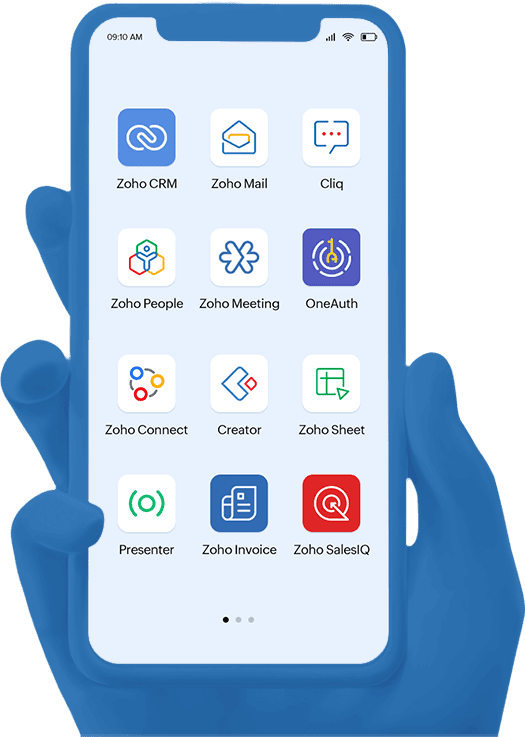Read Time 9 minutes
- The purpose of this content is to provide valuable insights and strategies to entrepreneurs about Smart Customer Engagement Strategies that can help them drive customer satisfaction, retention, and business growth.
- The content will be focused on educating entrepreneurs about various customer engagement strategies that can be implemented in their business to enhance customer experience.
A smart customer engagement strategy is the compass that guides your entrepreneurial journey.
As an entrepreneur, your customers are the lifeblood of your business. Keeping them engaged and satisfied is essential to building strong relationships, improving customer retention rates, and ultimately driving long-term success.
But what exactly is customer engagement, and how can you effectively implement smart engagement strategies to benefit your business?
In this guide, we’ll cover the key components of smart customer engagement and provide practical advice on how to build strong relationships with your customers, create loyalty programs and incentives, utilize technology for engagement, measure engagement success, and continuously improve your strategies over time.
1. Introduction: The Importance of Customer Engagement for Entrepreneurs
Customer engagement refers to the level of interaction and involvement a customer has with your business. This can include anything from browsing your website and making a purchase, to leaving a review or providing feedback.
But why is customer engagement so important for entrepreneurs?
For starters, engaged customers are more likely to stick around and make repeat purchases. This can significantly improve your customer retention rates and lead to increased long-term success.
Additionally, engaged customers are more likely to recommend your business to others, providing valuable word-of-mouth marketing and helping you reach new audiences.
2. Building Strong Relationships with Customers
Personalized communication can help build trust and strengthen relationships with your customers. This can be as simple as using their name in emails or addressing specific needs or interests in your marketing messages.
Excellent customer service can set your business apart and make a lasting impression on your customers. Be responsive to customer inquiries, address concerns promptly, and go above and beyond to exceed customer expectations.
Encouraging customer feedback is a great way to learn about your customers and what they want and need from your business. This can also help identify areas for improvement in your customer engagement strategies. Consider offering incentives for customers to provide feedback, such as discounts or freebies.
3. Loyalty Programs and Rewards
Loyalty programs can be as simple or complex as you like, but the goal is always to reward customers for their loyalty and encourage repeat business. Consider offering special discounts, exclusive access to promotions, or special perks for your most dedicated customers.
Incentives are a powerful motivator for customer engagement. Consider offering a discount or free item for customers who make a certain number of purchases or reach a specific milestone in your loyalty program.
Recognizing and rewarding customer milestones, such as anniversaries or birthdays, is a great way to show your appreciation and build strong relationships. This can be as simple as sending a personalized email or offering a special discount.
4. Utilizing Technology for Customer Engagement
Automated communication tools, such as email marketing or chatbots, can help you stay in touch with your customers and provide them with valuable information and promotions.
Mobile technology has changed the way consumers engage with businesses. Consider implementing mobile-friendly websites and marketing strategies, such as SMS marketing or mobile apps, to reach customers where they are.
5. Measuring and Improving Customer Engagement
Tracking metrics such as open rates for email campaigns, website traffic, or customer satisfaction scores can help you understand the impact of your customer engagement efforts.
Data analysis can help you identify areas for improvement in your customer engagement strategies. Consider using customer data to segment your audience, target specific demographics, or personalize your marketing messages.
Finally, it’s important to continuously evaluate and adjust your customer engagement strategies as needed. Stay attuned to changes in customer behavior, feedback, and market trends, and make adjustments to your strategies as needed.
Conclusion
In conclusion, smart customer engagement strategies can greatly benefit your business by improving customer retention rates, building customer loyalty, and driving long-term success. By focusing on building strong relationships with customers, creating loyalty programs and rewards, utilizing technology for engagement, measuring success, and continuously improving your strategies, you can create a winning customer engagement plan for your business.
So, make sure to put these strategies into action and always be open to making changes and tweaks as needed. Your customers are the lifeblood of your business, and investing in smart customer engagement strategies can help ensure their continued satisfaction and success for your business.
Engage your customers with passion and enthusiasm, it's contagious.






